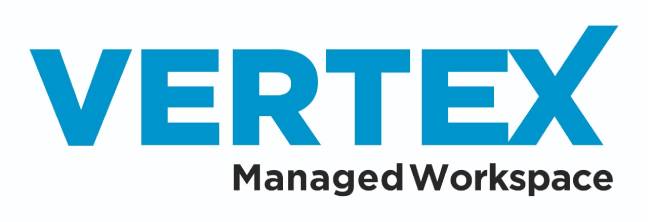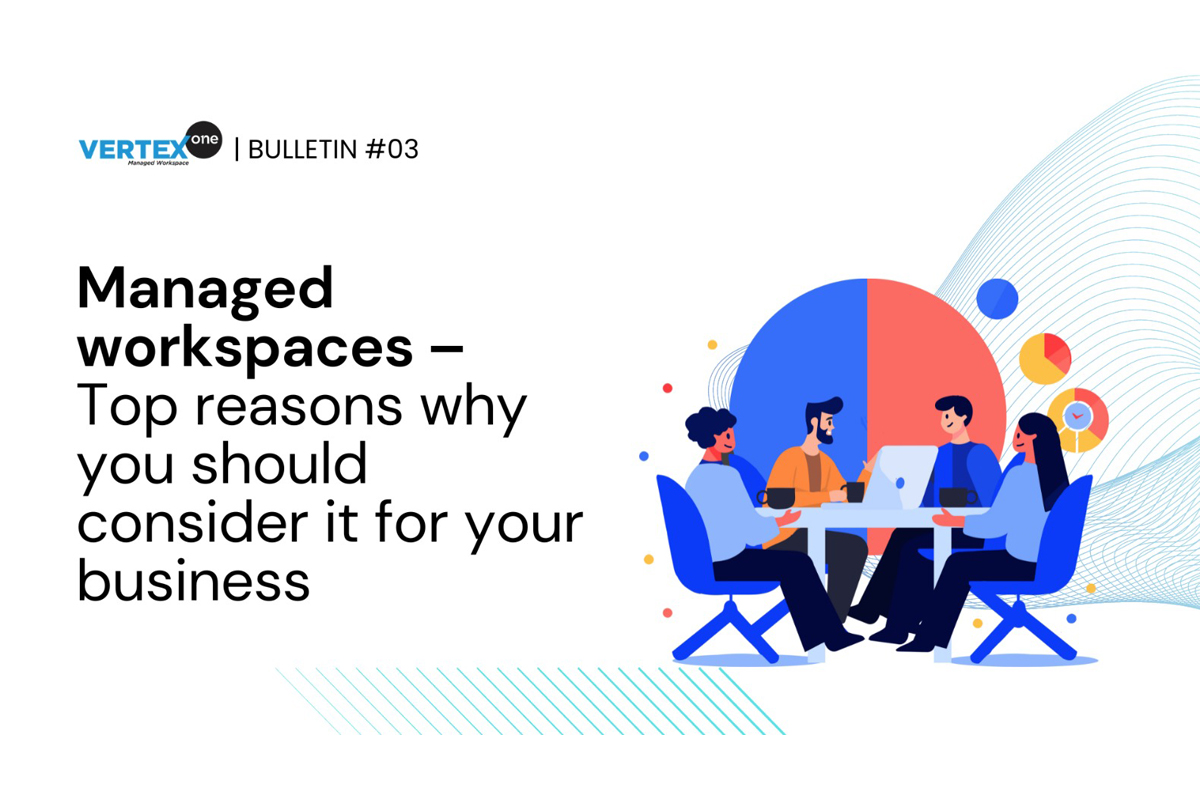Managed workspaces, often referred to as remote or Smart workspaces, have gained significant attention in recent years due to advancements in technology and changes in work culture. Here are some top reasons why you should consider adopting Managed workspaces for your business:
Access to Global Talent
With Managed workspaces, you can tap into a global pool of talent rather than being limited to hiring employees within your geographical location. This allows you to find the best individuals for your team, regardless of where they are located.
Cost Savings
By embracing Managed workspaces, you can reduce overhead costs associated with maintaining a physical office space. This includes expenses like rent, utilities, office supplies, and maintenance. Additionally, you can potentially save on employee benefits and salaries by hiring talent from regions with lower cost of living.
Flexibility and Work-Life Balance
Managed workspaces offer employees the flexibility to work from their preferred locations, whether it’s their home, a co-working space, or a coffee shop. This flexibility can contribute to improved work-life balance and job satisfaction, leading to higher levels of employee retention and productivity.
Increased Productivity
Many employees find that they are more productive when working in an environment where they can control their surroundings and eliminate office distractions. Remote work allows individuals to tailor their workspace to their preferences, potentially leading to higher levels of concentration and output.
Diverse Workforce
Managed workspaces enable you to build a diverse workforce that represents different cultures, backgrounds, and perspectives. This diversity can foster innovation and creativity within your team, leading to better problem-solving and decision-making.
Business Continuity
Having a Managed workforce can be advantageous during unexpected events, such as natural disasters, political unrest, or health crises like the COVID-19 pandemic. Your business operations are less likely to be severely impacted when employees can seamlessly transition to remote work.
Reduced Commuting Stress
Commuting to and from the office can be stressful and time-consuming for employees. By allowing remote work, you can help your team members avoid the daily commute, leading to improved morale and reduced stress levels.
Environmental Impact
Reduced commuting and office energy consumption can contribute to a smaller carbon footprint for your business. Embracing remote work as part of your sustainability efforts can improve your company’s environmental image.
Scalability
Managed workspaces can easily accommodate business growth. As your company expands, you can hire talent from various locations without the constraints of physical office space limitations.
Technology Advancements
Modern communication and collaboration tools make it easier than ever to manage remote teams. Video conferencing, project management software, instant messaging platforms, and cloud-based file sharing systems enable seamless communication and collaboration across distances.
Enhanced Focus on Results
Shifting to a Managed workspace model encourages a results-oriented approach. Employees are evaluated based on their performance and output rather than solely on their presence in the office, which can lead to a more goal-driven work culture
While Managed workspaces offer numerous benefits, it’s important to consider the potential challenges as well. Effective communication, team cohesion, and maintaining a sense of company culture can be more complex when employees are geographically dispersed. Striking the right balance and leveraging the advantages of remote work can lead to a successful and adaptable business model.






